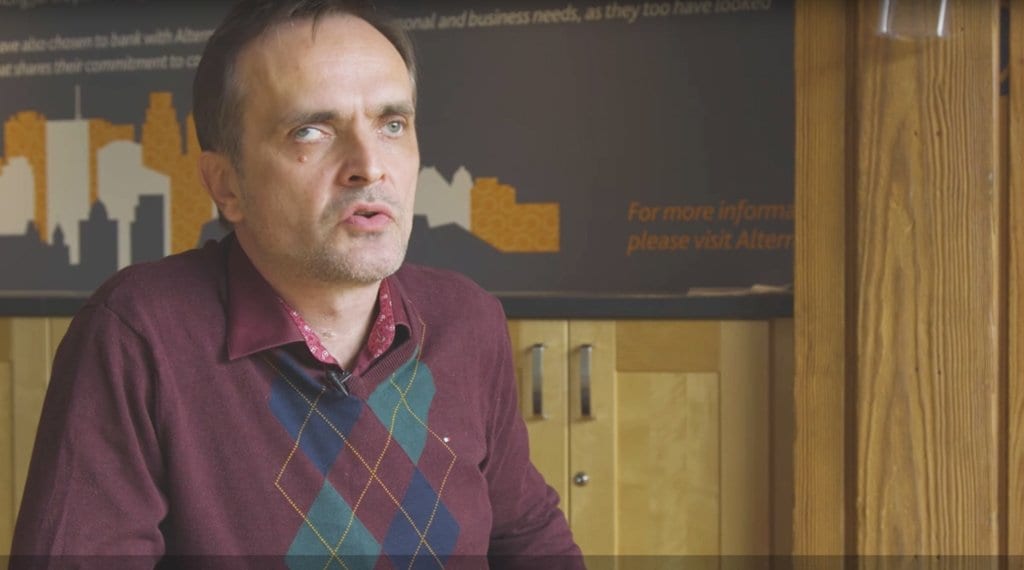Igor Kochetkov is reluctant to talk about the details — specifics could put lives in danger.
But here’s what he can say: it usually starts with an email or a direct message. A gay Chechen man, fearing for his safety, will reach out to one of the few lifelines available — the Russian LGBT Network, which Kochetkov helped found.
Once communication has been established, a delicate process begins. Sometimes the men are reluctant to talk — an understandable impulse when the state is kidnapping and torturing gay men and parents are being told to kill their own children. Other times, the network has to tease out more information so they can verify that the man is telling the truth.
And if the network determines they’re in danger, then they begin to talk about evacuation.
“There is a myth that gays from Chechnya are dreaming about coming to Canada,” Kochetkov tells Xtra in Russian, in an October 2017 interview. “But it is not true. They want to live in their country.”
Even if the men aren’t in state custody, they’re often being imprisoned by their families, in locked rooms and basements. The timing has to be perfect. They’ll wait for the fathers, brothers and uncles to leave the house and try to convince the women of the household to release the imprisoned man. That can take several days of watching and waiting.
But if there are no immediate obstacles, the Russian LGBT Network can spirit someone to safety on the same day they’re contacted.
It’s an extraordinary operation. And one that’s conducted completely within the bounds of Russian law, Kochetkov emphasizes.
First, the men are taken to other parts of Russia and provided with safe accommodations, alongside medical, financial and psychological support.
But then they are faced with another challenge. Will any country take in these refugees?
Despite the international outcry about the anti-gay pogrom in Chechnya, only five countries, including Canada, have stepped up to accept these men. And with the help of the Russian LGBT Network and Toronto-based charity Rainbow Railroad, Canada has taken in over 30 refugees.
It’s a tiny number of people compared to the millions of refugees needing protection around the world. But it’s a highly symbolic pushback against the Chechen pogrom and has meant those gay Chechen men have something akin to a safe haven.
But according to Kochetkov, the gay purge in Chechnya continues, albeit at a smaller scale, especially since the Russian authorities have refused to properly investigate the kidnappings and torture.
“We need to use any opportunity to make Russian authorities start an official investigation,” he says, urging the Canadian government and the media to not take the spotlight off of Chechnya.
He credits the international media attention with saving lives.
“They could have been killed there if there was not attention in the press,” he says.
For Kochetkov and other members of the Russian LGBT Network, their work comes with real dangers to themselves. He was arrested in St Petersburg earlier this year, alongside other activists, for protesting the Chechen pogrom.
Russian authorities have tried to deport Khudoberdy Nurmatov, a reporter for Novaya Gazeta, which first reported about the Chechen anti-gay purge, to Uzbekistan, where his life would be in danger.
But Kochetkov is determined to stand up for what he believes is right.
“I want to be free individual no matter where I live and what political forces are around me,” he says. “I am ready to pay the price for that.”

 Why you can trust Xtra
Why you can trust Xtra


